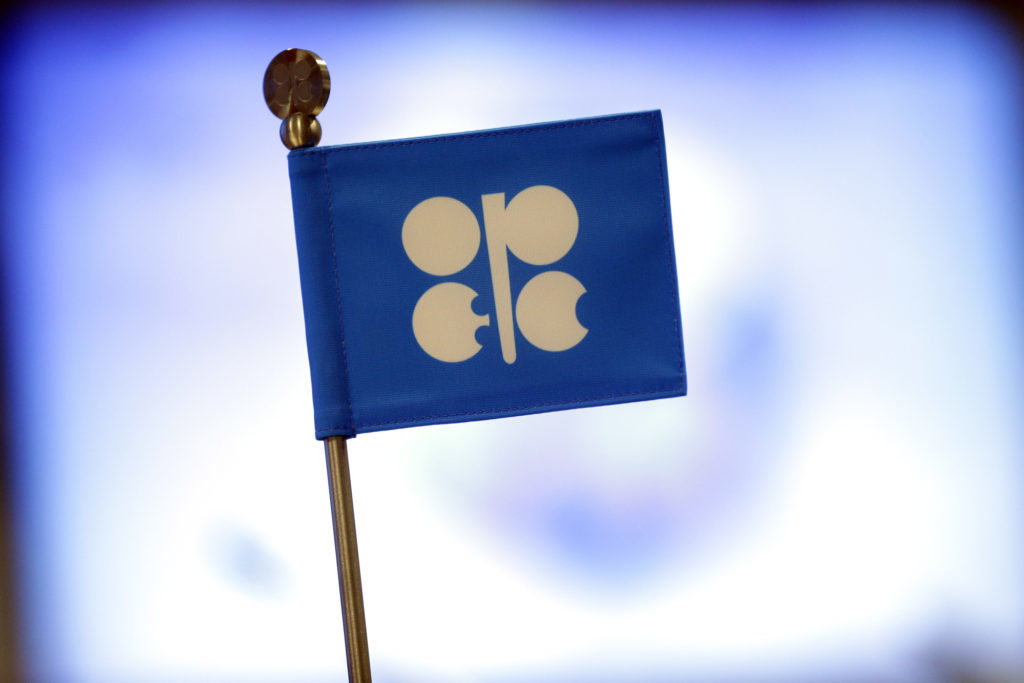
The Organization of Petroleum Exporting Countries is concerned by threats to crude supply from large producers such as Iran, the group’s top official said.
Unilateral U.S. sanctions on oil sales by Iran, OPEC’s third-biggest supplier, take effect on Nov. 4. Iran’s crude exports are already falling as the U.S. prepares to curb Tehran’s ability to sell oil and participate in global financial markets.
Iran is a “very important producer and exporter” of oil, the group’s Secretary-General Mohammad Barkindo said at an event in the United Arab Emirates city of Fujairah. “When you have major producers facing supply challenges, it’s of concern” for OPEC and consumers alike, he said.
Crude is averaging about $72 a barrel this year, and the International Energy Agency warned last week that prices could rise above $80 unless producers compensate for lost supply from OPEC members Iran and Venezuela. While trade disputes and financial woes in some countries may affect crude demand, the IEA said supply risks are the more important issue. Venezuela is pumping half as much oil as in 2016 and faces further declines amid economic upheaval.
Algiers Meeting
Barkindo made his comments two days after noting unspecified threats to global demand for crude. Oil consumption is “robust,” but crude use “is beginning to face some headwinds,” he said Sunday in an interview in Dubai, without elaborating.
Saudi Arabia and Russia led OPEC and allied producers in agreeing to limit output starting in January 2017 to curb a glut. They changed course in June and have pledged to ensure that supplies are adequate to meet demand. A committee of OPEC members and other producers is to meet on Sept. 23 in Algiers to review compliance with their output targets. Most of the 25 producers in the alliance will attend, according to an OPEC delegate.
OPEC plans to decide by December on a framework for permanent cooperation with allied producers, Barkindo said in Fujairah. The organization is to hold its next full ministerial meeting on Dec. 3 in Vienna.
